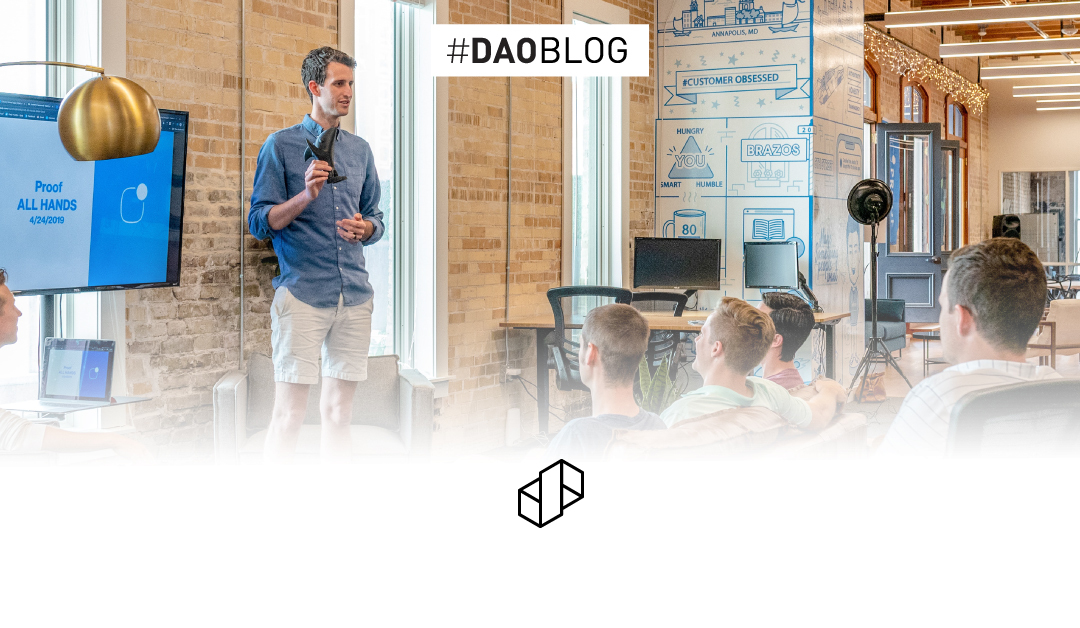Have you ever felt a disconnect between your ambitions and the objectives of your workplace? Or, at times, your work ideals constantly conflict with the company’s vision? Fact is no such thing as ‘the perfect workplace’. There will always be compromises and things you don’t like because no workplace is a one-size-fits-all solution.
The importance of personal goals
A person without goals is like a ship without a sail; at the whims of the tides. Goals are:
- An inherent part of our success.
- Giving us a sense of direction.
- Helping us improve focus and setting a balance between our social and professional life.
We sometimes have to make hard choices in our professional lives and learn from them, but as you hone your skills, you need to invest more into your personal goals to further yourself as a professional.
The virtue of aligning goals
A dream with a deadline becomes a goal. Your individual preferences establish many important metrics that later build on to your success in your professional life. Considering them antagonistic to your organization’s goals can lead to a deep disconnect that can affect your development and work output.
When these preferences are in agreement with what your organization really wants, you feel satisfied and excel in performance. When your personal preferences are in sync with your organizational philosophy then any organizational achievement becomes your personal accomplishment by default.
Talking on a broader spectrum, we can enhance knowledge acquisition, boost morale, remain focused and improve our mental health.
When a company’s goals are truly in conjunction with its workforce, it naturally promotes a familial atmosphere where everyone works together towards a shared vision vis-à-vis productivity, profitability, and innovation.
So how does one achieve coherence between personal and organizational goals? We are sharing some key insights that will guide you on how to align your goals with your workplace, increase productivity, boost your morale, and excel further.
1• Achieve clarity
Every organization has a systematically designed clear list of business goals, allowing their employees to adapt and coincide with their personal outlook. As a rule of thumb, any particular goal you set should eventually ladder up to your organization’s high-level goals.
For example, there is a web designer who personally wants to strive towards making designs that provide a better user experience and high levels of engagement. At an organizational level, this would translate into improving overall retention by increasing session durations and minimizing bounce rates on your company’s websites. So your personal goal to make better designs has led directly to improving the company’s KPIs and marketing goals.
This can only happen if the business is clear about its direction and what it wants to achieve and if you, as a professional, are clear about the company’s goals to achieve those KPIs. There needs to be clear communication from both ends here.
If you are unsure about your organization’s goals, it may be time to talk to your line manager. Do not hesitate to communicate on the matter. If anything, most organizations and managers will appreciate it. You will see a clear path in front of you, your performance will go up, and your value as a professional will increase in the organization’s eyes.
2• Collaborate and cooperate
In most organizations, two cases can lead to dysfunction between you and the organizational goals.
In the first case, you might be working within the organization’s interests, but your growth might not directly impact the organization’s growth. This clearly indicates that your goals might need to be aligned with the organization. This is where you need to schedule a check-in with your manager to ensure your work dynamics support organizational targets. Managers have a direct role in connecting the employee with the organization’s business plans.
In the second case, while your personal goals might resonate with the organization, there might be other priorities besides these. Once again, talk to your manager, explain your career aspirations and learn about the organization’s priorities. You can start by understanding the importance of each project, its magnitude, and how it ties back to the company’s high-level goals.
In DAO PropTech, for example, each new family member goes through a week-long onboarding process that gives them a better understanding of all verticals, our current and future goals, and their own specific roles in achieving those goals. There’s also a great focus on personal development; employees are encouraged to enrol in courses and training programs that enhance their abilities. This kickstarts everyone’s development journey and allows team members to map their tasks and synchronize with the company’s goals.
As Henry Ford put it,
If everyone is moving forward together, then success takes care of itself.
3• Keep track of your work
To gauge progress, we need to establish a baseline for each goal. People often begin their journey after setting their intentions for their tasks. Prioritizing, monitoring and keeping track of your own daily achievements/ goals reduces any uncertainty, gives clarity, reduces anxiety and decreases time delays. These types of personal governance mechanisms facilitate maintaining cohesion with the organizational objectives.
Teamwork is the ability to work together toward a common vision. The ability to direct individual accomplishments toward organizational objectives. It is the fuel that allows common people to attain uncommon results. – Andrew Carnegie
4• Be open to change
Never let failures get to you, change the narrative and consider them learning lessons. If you fail to align your work with the company’s high-level goals, it is not a sign of weakness and, most importantly, shouldn’t hinder your ability to move on and re-establish yourself.
Success is not final; failure is not fatal: It is the courage to continue that counts. — Winston S. Churchill
If you feel overwhelmed with challenges, take a deep breath and think about how you can turn them around positively and constructively. Work with your Team Members to deliberate ways you can develop, grow, and accomplish your personal goals without deviating from the company’s vision.
This process might put you through changes that may seem over the top. Changes require you to learn new skills, move on to a new designation, or work alongside new people. Remember, difficult roads often lead to beautiful destinations and challenging yourself in work can bring great outcomes for your professional development.
Learn more about people and culture. here

Mirza Irfan Baig
Senior Content Writer


 Book a Meeting
Book a Meeting